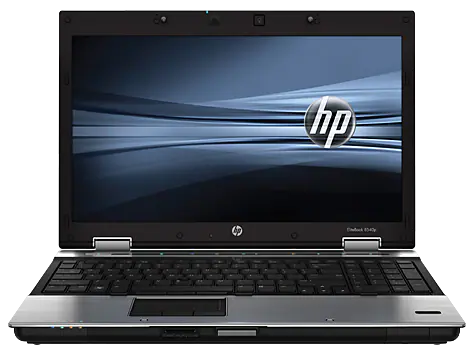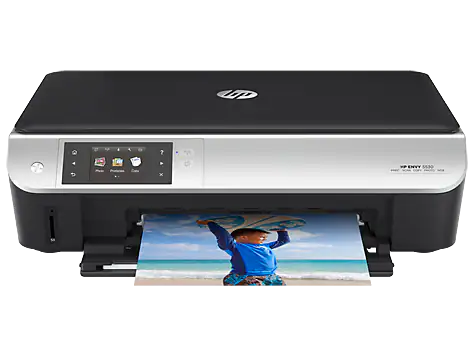
Oracle 19c JDBC Driver
Published:
January 17th, 2022
Updated:
January 17th, 2022
Developer:
Version:
21.4.0.0.1
Platform:
Oracle 19c JDBC Driver Windows 32-bit/64-bit
Table of Contents
Oracle 19c JDBC Driver:
So, to use the Oracle 19c JDBC Driver, first, create an instance of the Java class. So, this class provides a convenient API to connect to Oracle Database. Its main advantage is that it can be used in applications without the need for any Oracle software on the client-side. It also communicates with the server using Oracle Net Services. Also, the class is packaged together with the DbVisualizer. Read on to learn how to create and use it.
Connect your Oracle to Java:
The Oracle JDBC Thin Driver is a pure Java driver. So, it supports Enterprise JavaBeans and Java stored procedures. The driver runs on the server-side and allows the Java virtual machine to communicate with the SQL engine. The server-side C library communicates with the SQL engine and supports function calls, which are used to perform queries and create reports. Consequently, it is an excellent choice for web applications. This driver is compatible with Windows, Mac, and Linux platforms.
Useful for Connectivity Database Server:
The JDBC server-side Thin driver is 100% pure Java and is a Type IV driver. It supports Java code inside the Oracle Database and is also useful for applications. Because it is written in Java, it is platform-independent. It does not require any additional Oracle software on the client-side. It communicates with the server by using the TTC protocol, which was designed to enable access to Oracle RDBMS.
So, the Oracle JDBC driver is a server-side internal driver that allows Java code to run within the Oracle database. It supports Enterprise JavaBeans and Java stored procedures. The JDBC driver is a platform-independent library that does not require any Oracle software on the client-side. It communicates with the server using the same TTC protocol. The DB connection is passed to the server by function calls.
Types of JDBC Drivers:
There are four types of JDBC drivers provided by Oracle. A Server-Side Thin Driver is a server-side JDBC driver and is functionally the same as a client-side Thin Driver. The Server-Side Thin is a thin driver and is intended to be used in middle-tier scenarios. The client-side Thin driver is a Type II JDBC driver.
The Server-Side Thin driver is a type IV driver. It is a pure Java implementation of the JDBC standard. Also, it supports applications. It is platform-independent. It is also written in Java. Because of its Java language support, it requires no additional Oracle software on the client-side. Its name suggests it is not an ‘applet’. It is an ‘application-specific’ type of JDBC server.
Supports the TCP/IP Protocol:
The Server-Side Thin driver supports the TCP/IP protocol. So, the JDBC Thin driver is designed to work with Java applications. The JDBC OCI driver is a Type II driver. It requires the installation of Oracle’s client software. So, it is the most widely supported version of the Java driver. It supports all installed Net adapters. The server-Side driver. There are three other types of applications that use the client-side thin one.
The Oracle Driver class no longer needs to register with the Server-Side Internal driver. Also, it can use the default connection. In a browser, the Oracle Driver class must be installed and be registered with the Server-Side Internal driver. This driver is not suitable for applets. It does not support TNS protocol. It is compatible with the Oracle JDBC OCI-based application. The APM 10.7 agent does not support the Oracle 19c JDBC Driver.
Works with the Java Application and Server:
The Oracle JDBC driver supports the TCP/IP protocol. So, the JDBC OCI driver does not support applets. It requires the Oracle client to be installed. This type of driver works with the Java application and the server. It supports all major databases. It is compatible with all major Java applications. However, it is not compatible with applets. But the JDBC OCI driver does. In addition, it supports a TNS listener on the sockets.
Supports all versions of Oracle:
So, the Oracle JDBC driver supports OCI connection pooling. Also, this driver supports all three versions of Oracle. This driver supports the OCI protocol. It supports the same protocol as the OCI client driver. It supports all Oracle Net adapters. This driver is also compatible with the OCI database. It uses the same Java language as the other version. If you are a Java developer, it is essential to install the JDBC Thin.




